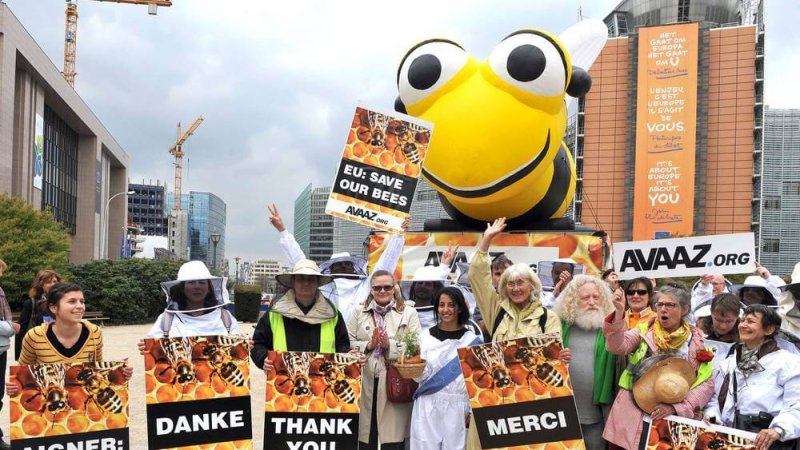What happens when science is overwhelmed by politics, rhetoric, emotions, and the vessels now used to perpetuate it — social media, the world “wild” web, and news media?
Let’s set that evil [corona]virus bug aside and look at some other consequential science debates that have impacted agriculture in a world where modern agricultural practices have been singled out for attack. In 2018, France became the first country in Europe to ban all neonicotinoid insecticides for use in farming.
The insecticide has been under intense scrutiny for potential impacts on pollinators. It also has been recognized as one of the most effective chemistries in modern times to control important pests of many crops. If you go down the rabbit hole of the expert opponents and proponents of the neonics, you will come out the other end scratching your head.
The opponents won the day in France, but what happens when you ban a crop protection tool? For sugar beet farmers there, it was bad news. This year, growers have reported devastating crop losses of 50% or more from an aphid-transmitted disease. Neonics were a critical tool to control the aphid. This on a crop that does not flower — something pollinators generally seek out.































